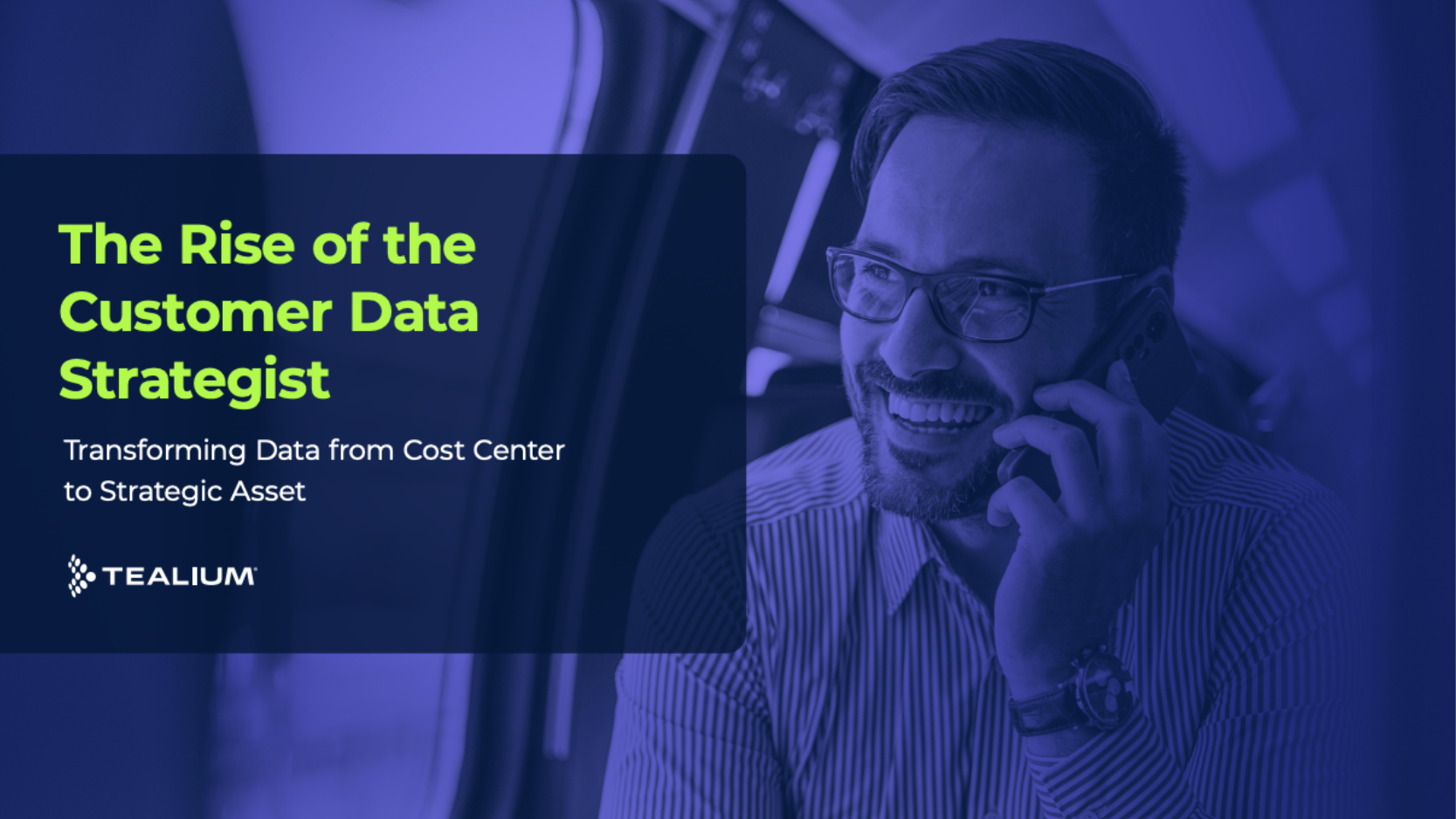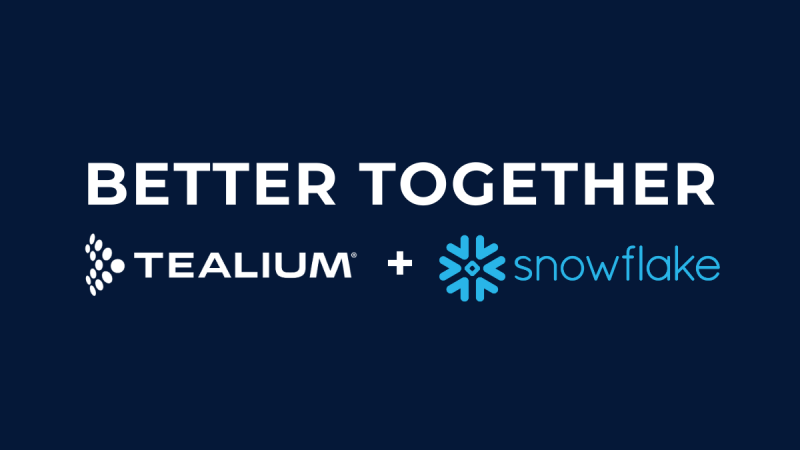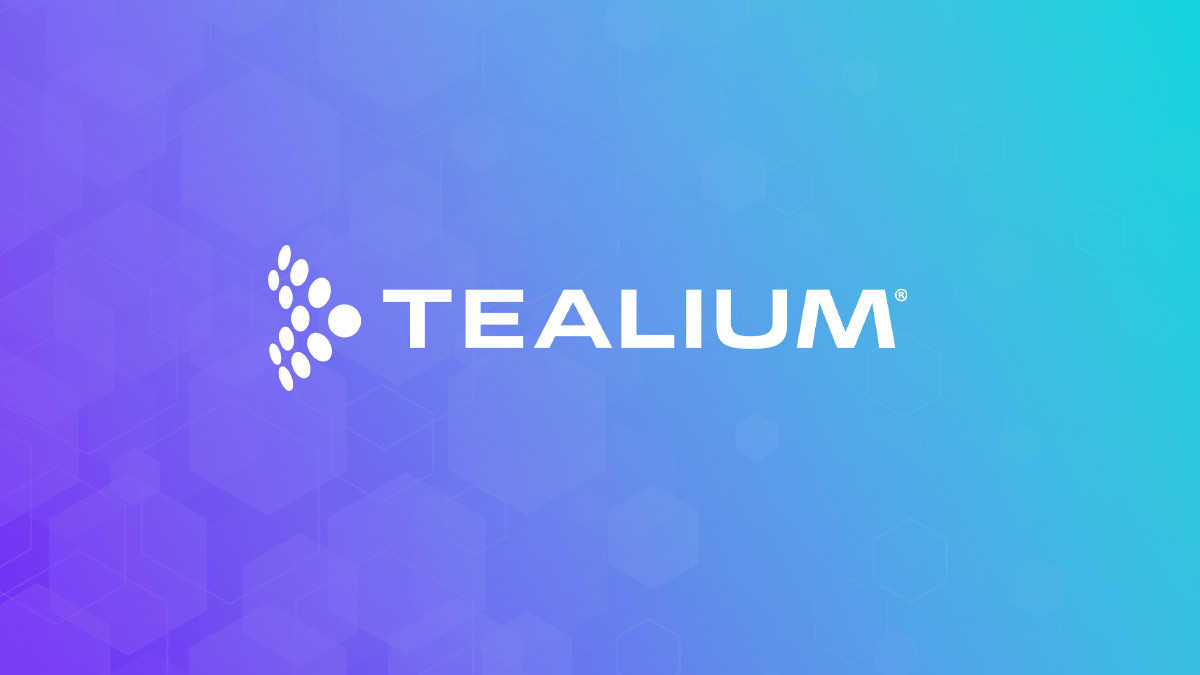As Artificial Intelligence (AI) continues to be embedded in businesses, it’s clear that clean, real-time data stands as a critical lynchpin in its effective application. Our webinar, Drive AI Results with Trusted Data, featured CEO, Jeff Lunsford, along with senior leaders in AI. This blog will cover key takeaways from the webinar, the basics of data collection for AI, and the best solutions for collecting data to fuel your AI models.
What is Data Collection? Why is Data Collection Important for Artificial Intelligence (AI)?
Let’s start by covering some basic definitions and concepts that will act as building blocks.
- Data collection is defined as the process of gathering data from various sources (in-store visits, loyalty programs, website actions, etc.). Its importance lies in its ability to help businesses better understand their customers.
- Real-time data means a sub-200ms speed across the data supply chain. According to James McCormick at Forrester Research, real-time data needs to be “fast enough to keep up with the customer,” i.e., able to have an impact within the same engagement session or even interaction point. Real-time data helps you drive the most impact and helps you own the moment with customers.
- When we talk about clean data, we’re referring to valid, consistent, uncorrupted data.
Real-time data has even more importance when it comes to fueling AI since its strength lies in its ability to analyze large amounts of data and make predictions based on its inputs. Therefore, data accuracy helps AI create reliable outcomes. If you don’t fuel your AI initiatives with clean data, you risk diminished reliability and usability of its outputs.
Accurate, real-time data collection for AI boosts:
- Data Consistency: Supports the uniformity of your data, making it easier to analyze, and interpret for AI models.
- Proactive Engagement: The ability of an AI model to dynamically generate personalized recommendations based on a user’s real-time behavior.
- Personalization at Scale: Ensures the consistency, and accuracy of AI models at large volumes.
How To Create AI-Ready Data
AI-ready data needs four parts to be used in modeling and Machine Learning (ML). These four parts are all about quality, data governance, understandable, and available.
High-Quality
Your data must be accurate, complete, and consistent is essential for reliable model training and results.
Governed
Ensuring compliance with data privacy and AI regulations requires data to be trusted, consented, and auditable.
Understandable
Adding contextual intelligence, metadata, and labels leads to a better understanding of your data, driving better AI performance and outcomes.
Available
Interoperability, availability, and real-time delivery are critical to having the right data for AI training and activation at the right time.
What Do You Need To Know About Artificial Intelligence (AI)?
It’s All About The Data
Jeff accentuates that many C-suite leaders are calling for AI to be implemented into their businesses to drive efficiency and cost savings. When AI was first popularized, it was an extremely costly initiative for C-suite leaders to implement (both from a labor and software perspective). Now, AI is widely used and cheaper to implement than before. So, it comes down to the data that you fuel your models with. The data is the differentiator. However, most businesses aren’t starting with creating an accurate data foundation and jumping straight to activation (more on our blog, “Is AI Too Good To Be True?”). To get the most out of your AI models, you’ll want to start with accurate data that works in real-time.
The Risks of Not Using Clean Data For AI
The crux of a successful AI project lies in using clean, relevant data. The discussion points out the relevance of being selective with data used for AI models. Jeff underscored that, “In an AI model, it’s 100% garbage in garbage out.”
Let’s look at an example of a man shopping for a gift for his grandmother. Your business would want to know that this is a gift and that they are not shopping for themselves. In real-time, you have to be able to identify who the person is and what they’re buying. If you only had one half of the equation, you’d serve a potentially incorrect experience. For example, if the customer was browsing for gifts for their grandmother, and then all of their shopping experience swapped to women’s clothes. This erosion of customer trust can cost your business in other aspects like profits, resources, and reputation.
Harnessing AI for Better Customer Experience
A common goal for many companies is to enhance their customer experience (CX) with AI. Recently, there has been an uptick of AI-boosted chatbots, to support Customer Service Representatives and funnel frequently asked questions. The challenge lies in integrating data from diverse sources to forge personalized and predictive customer experiences. At the root, centralized data architecture and real-time data processing can aid in making data compliant, secure, and primed for successful AI outcomes. With the stakes of customer experiences being higher than ever, you’ll want to make sure you get things right or risk losing customers!
What’s The Best Tool for Data Collection for Artificial Intelligence (AI)?
A data collection and activation tool like a Customer Data Platform (CDP) is extremely helpful for your AI initiatives. According to the 2024 State of the CDP report, Companies with CDPs recognize more business value from AI technologies (80%) than those without a CDP (51%).
We launched Tealium for AI to help with data collection for AI. Tealium for AI is designed to help you get consented, filtered, enriched data in real-time for AI models and activate the results. Whether training data, data to feed the model, data for fine-tuning, or activating the results, Tealium connects your AI models to all your tools and customers.
With Tealium for AI, you can:
- Dramatically improve the time to model and value
- Apply data preparation, transformation, and encryption to incoming data for immediate data availability
- Directly send consented, organized, and filtered data in real-time to major AI platforms
- Provide a real-time activation engine for AI insights and scores
- Integrate AI models and platforms with the rest of your marketing tools
- Reduce risk by blocking any non-consented or non-compliant data from AI models
To learn more about why Tealium for AI is the best tool to help with data collection for AI, explore our webpage.







